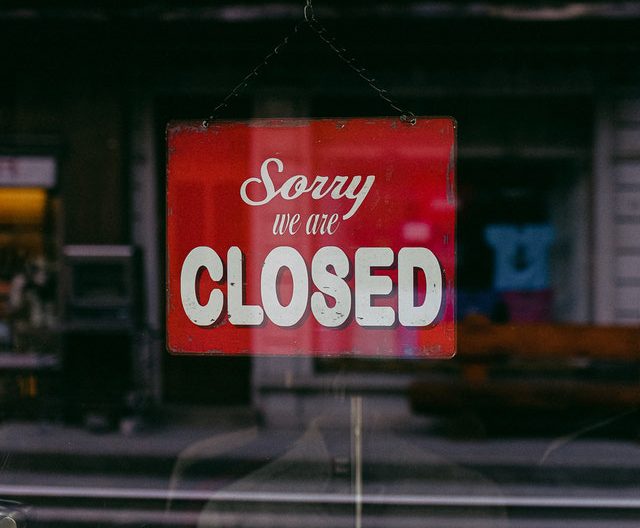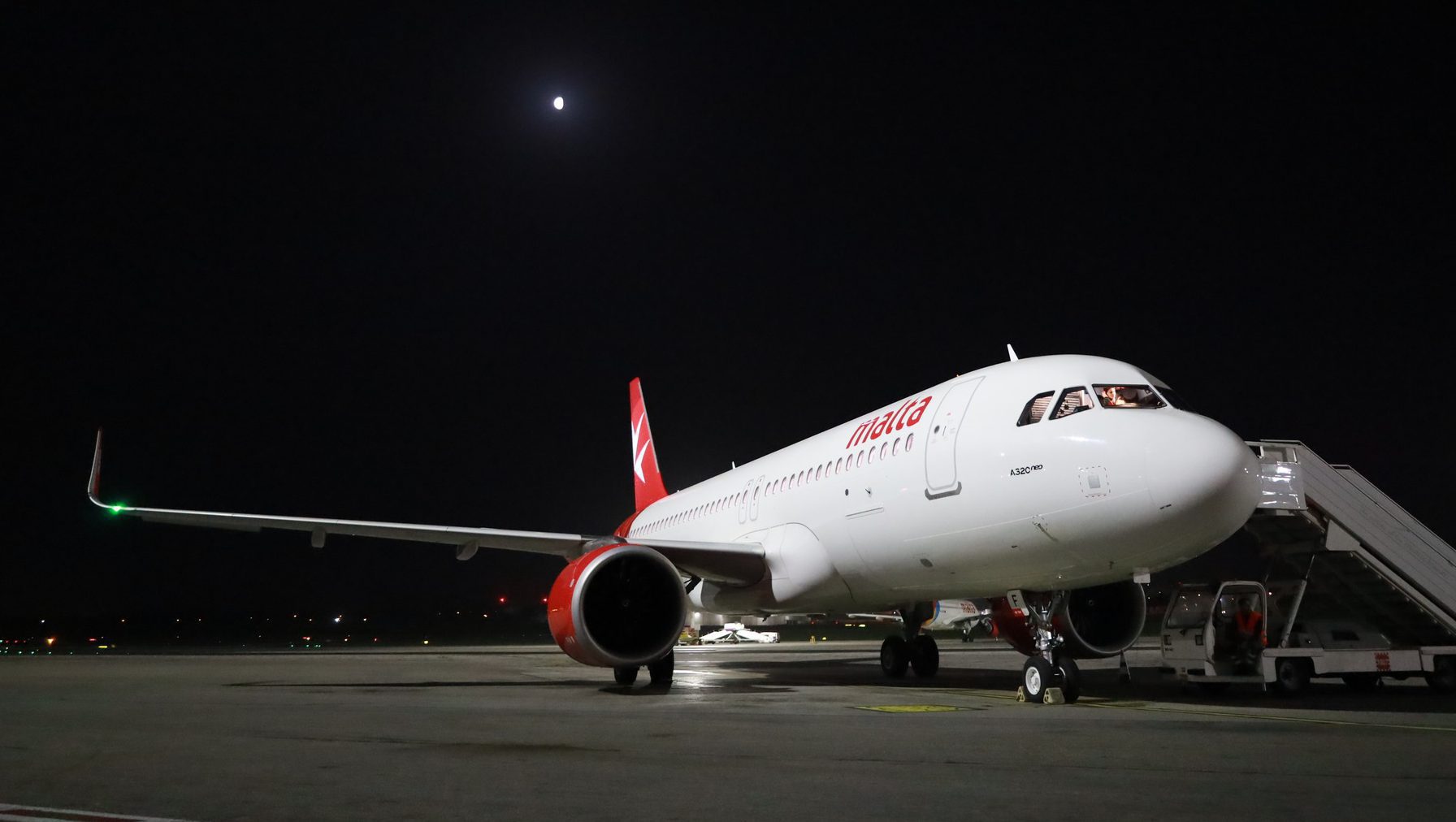Today, 7th March 2020, might feel like an ordinary Thursday, but four years ago, a major series of events were beginning to unfold.
The fear of the unknown kicked in when former Minister of Health Chris Fearne announced that Malta had registered its first case of COVID-19, at that point commonly referred as coronavirus.
A 12-year-old girl tested positive after arriving in Malta from Rome, following a holiday with her parents.
Nobody could predict what would come next. As governments around the world grappled to stem the spread of the virus, a series of restrictions limiting individual and business freedoms characterised the following two and a half years.
And, while some individuals started businesses after finding themselves confined at home, other already established businesses struggled to remain afloat. Non-essential businesses were ordered to remain shut twice, while public gatherings were banned for an extended period of time, inflicting long-term damage on businesses in the nightlife sector.
In addition to not knowing when they will return to normalcy, many businesses faced increased labour shortages. While many, well before COVID-19, had been reporting issues with filling vacancies, the pandemic led a raft of foreign workers to return to their home countries, especially those not properly registered and therefore ineligible to receive government COVID assistance. Others were let go because of a lack of business, such as restaurants.

On the matter, the Government had initiated the wage supplement scheme, operated by Malta Enterprise, which was disbursed based on a tapering system. Worst-hit companies, in terms of revenue, received the full €800 monthly supplement per employee.
At the time, the scheme was hailed as a lifesaver for many businesses, and was described as a pillar of Malta’s economy during the economic downturn experienced as a result of the pandemic.
Another boost to local economy was the €100 vouchers that were distributed to citizens and residents with a valid residence permit of people aged 16 and over. The first disbursed set included four €20 red vouchers, aimed at being spent in restaurants, bars, accommodation, diving schools and any Malta Tourism Authority licensed accommodation.
In addition to one €20 blue voucher were to be used at retail shops and services including beauticians, hair services, sports clubs, gyms, museums, arts and cultural centres. These vouchers were rolled out twice in total and were deemed a success.
This period, although tense, served as a lesson for businesses in terms of modernisation and digitalisation.
In the case of many retailers, while cash and change were discouraged because of possible contamination, Electronic Point of Sale (EPOS) machines increased.
Additionally, many other businesses increased their presence online through ecommerce practices. Supermarkets and produce businesses started offering the possibility of receiving groceries at home. While many still prefer to pick and choose their products physically, others are still using these services out of convenience.
The same can be said for food delivery through Wolt and Bolt, which saw demand skyrocket during the pandemic. This trend continues to be upheld to this day.
On the other hand, many companies across different sectors embraced the teleworking and hybrid work even after the COVID-19 period subdued. Some companies took this as an opportunity to test the waters with remote working while many others found it best to go back to the office.
Although Malta was found to register strong post-COVID economic recovery, the pandemic left shockwaves that are still felt to this day. It’s impact on the economy, coupled with being grey listed by the FATF, international wars, and Brexit, left no shortage of challenges. Inflation and the cost-of-living crisis continue to be felt to this day.
Inflation has been felt so starkly, that the country’s Cost-of-Living Adjustment (COLA), an allowance adjusted on a yearly basis reflecting a cost-of-living index, smashed records over the past two years. In 2023 it was set at a staggering €9.90 per week, and further increased to €12.80 in 2024.

Despite so, an analysis by the Central Bank of Malta pointed out that while during the pandemic period many managed to save because of a decrease in unnecessary expenses, namely travel, events and eating out, now savings “are being depleted” by high inflation.
Nonetheless, looking ahead, the annual inflation based on the Harmonised Index of Consumer Prices is projected to ease from 5.6 per cent in 2023, to three per cent in 2024, before reaching two per cent by 2026.
While many are keen to forget the pandemic experience, which caused significant damage to mental health due to increased isolation and uncertainty, it did serve as a catalyst for many businesses to digitise, review outdated practices and organise themselves to become more resilient to future shocks.
In pictures: These Maltese houses just won architectural awards
The BIG SEE Architecture Awards are given to projects from South-East Europe
Annual STI testing for non-EU massage therapists amounted to ‘slander,’ admit health authorities
Health authorities kept quiet about changes to the legal provisions
KM Malta Airlines announces extra flights and special fares for MEP and local council elections
To qualify for special fares, all travel needs to take place into and out of the same city






